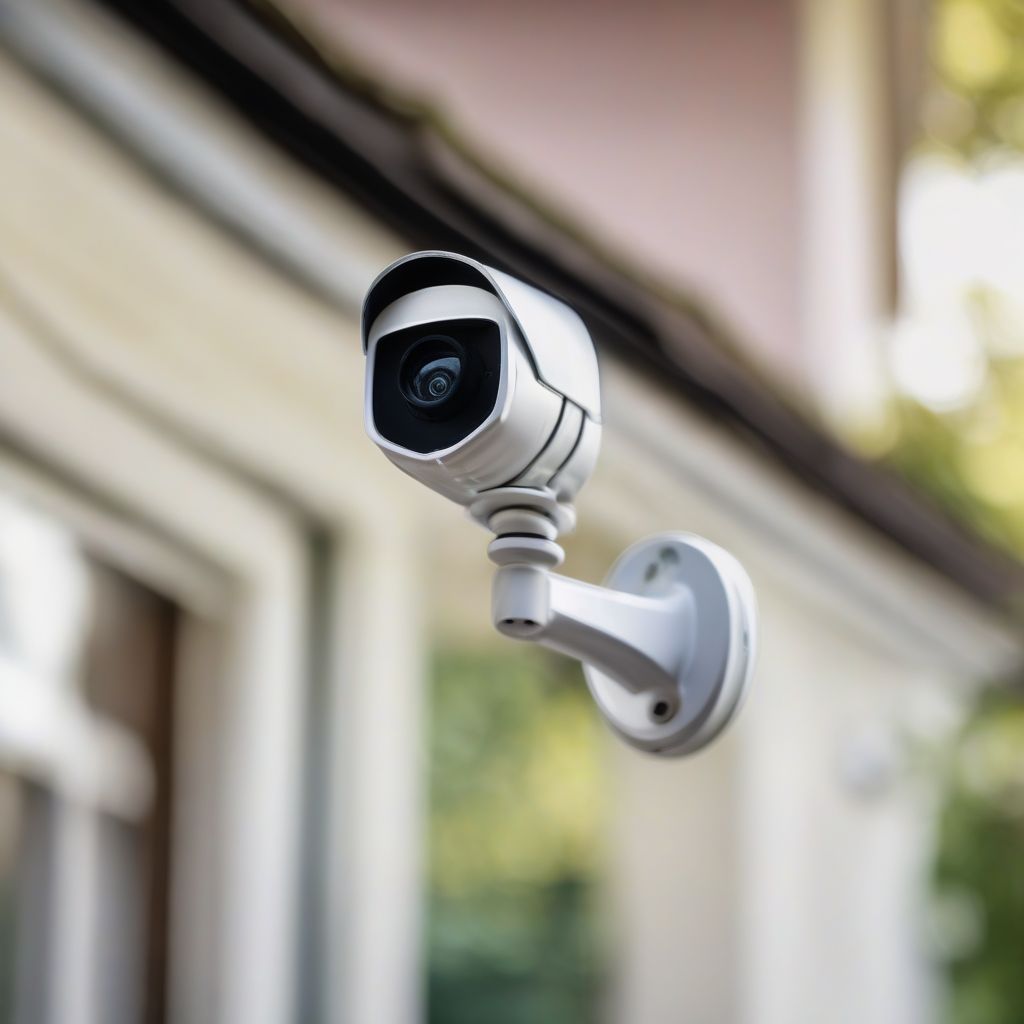Imagine this: you’ve just installed a shiny new home security system. Cameras, motion sensors, the works! You feel safe, protected, and… a little uneasy? It’s a common feeling. While home security systems offer invaluable peace of mind, they also raise valid concerns about privacy. How much access is too much?
In an age where data is the new gold, safeguarding your personal information is paramount. This means carefully navigating the world of home security systems to ensure you’re not compromising your privacy in the quest for safety. Let’s delve deeper into why privacy matters in home security and how to find that sweet spot between protection and personal data security.
Why is Privacy Important in Home Security?
Think of all the information your home security system collects – video footage of your daily life, recordings of your conversations, data about when you’re home and away. This information, in the wrong hands, can be misused in several ways:
1. Data Breaches and Hacks:
Just like any device connected to the internet, home security systems can be vulnerable to hacking. Cybercriminals could gain access to your system, view live camera feeds, disable security features, or even steal your personal data.
2. Surveillance and Spying:
It’s not just about hackers. There’s growing concern about unauthorized third-party access to home security cameras and data. This could include government agencies, marketing companies, or even stalkers seeking to exploit security vulnerabilities.
3. Data Misuse and Privacy Violations:
Even if data isn’t stolen, how is it being used and stored by the companies that manufacture and operate your home security system? Are they sharing your data with third parties? Do they have robust privacy policies in place? These are critical questions to ask.
 Home Security Camera Privacy
Home Security Camera Privacy
Striking a Balance: Tips for Protecting Your Privacy
So how do you reap the benefits of a home security system without compromising your privacy? Here are some key strategies:
1. Choose Reputable Brands with Strong Privacy Policies:
Do your homework! Research different home security companies and read their privacy policies carefully. Look for companies that:
- Offer end-to-end encryption: This ensures that only you can access your data, even if the company’s servers are breached.
- Limit data collection and storage: Choose systems that only collect the data absolutely necessary for their functionality.
- Provide transparent data usage policies: Understand how your data is used, shared, and stored.
- Offer two-factor authentication: Add an extra layer of security to prevent unauthorized access to your account.
2. Secure Your Home Network:
Your home security system is only as strong as the network it’s connected to. Implement these measures:
- Use strong, unique passwords for your home Wi-Fi network and all connected devices, including your security system.
- Enable network encryption (WPA2 or WPA3) to protect your data from eavesdropping.
- Keep your router’s firmware up to date to patch known security vulnerabilities.
3. Customize Privacy Settings:
Most home security systems offer customizable privacy settings. Take the time to tailor these settings to your comfort level:
- Disable cameras or microphones in private areas like bedrooms and bathrooms.
- Set up activity zones to focus monitoring on specific areas and reduce unnecessary recording.
- Review and delete recordings regularly to minimize the amount of personal data stored.
4. Stay Informed About Updates and Vulnerabilities:
The cybersecurity landscape is constantly evolving. Stay informed about:
- Security updates: Regularly update your home security system’s firmware and software to patch any newly discovered vulnerabilities.
- Data breaches and privacy news: Stay informed about any reported data breaches or privacy concerns related to your home security provider.
[amazon bestseller=”home security cameras”]
Conclusion: Your Home, Your Privacy, Your Choice
Home security and privacy don’t have to be at odds with each other. By understanding the risks, choosing the right systems, and adopting smart security habits, you can create a home environment that’s both safe and respectful of your privacy. Remember, it’s about finding the right balance for you and your family.
What are your thoughts on balancing home security and privacy? Share your thoughts and experiences in the comments below!
